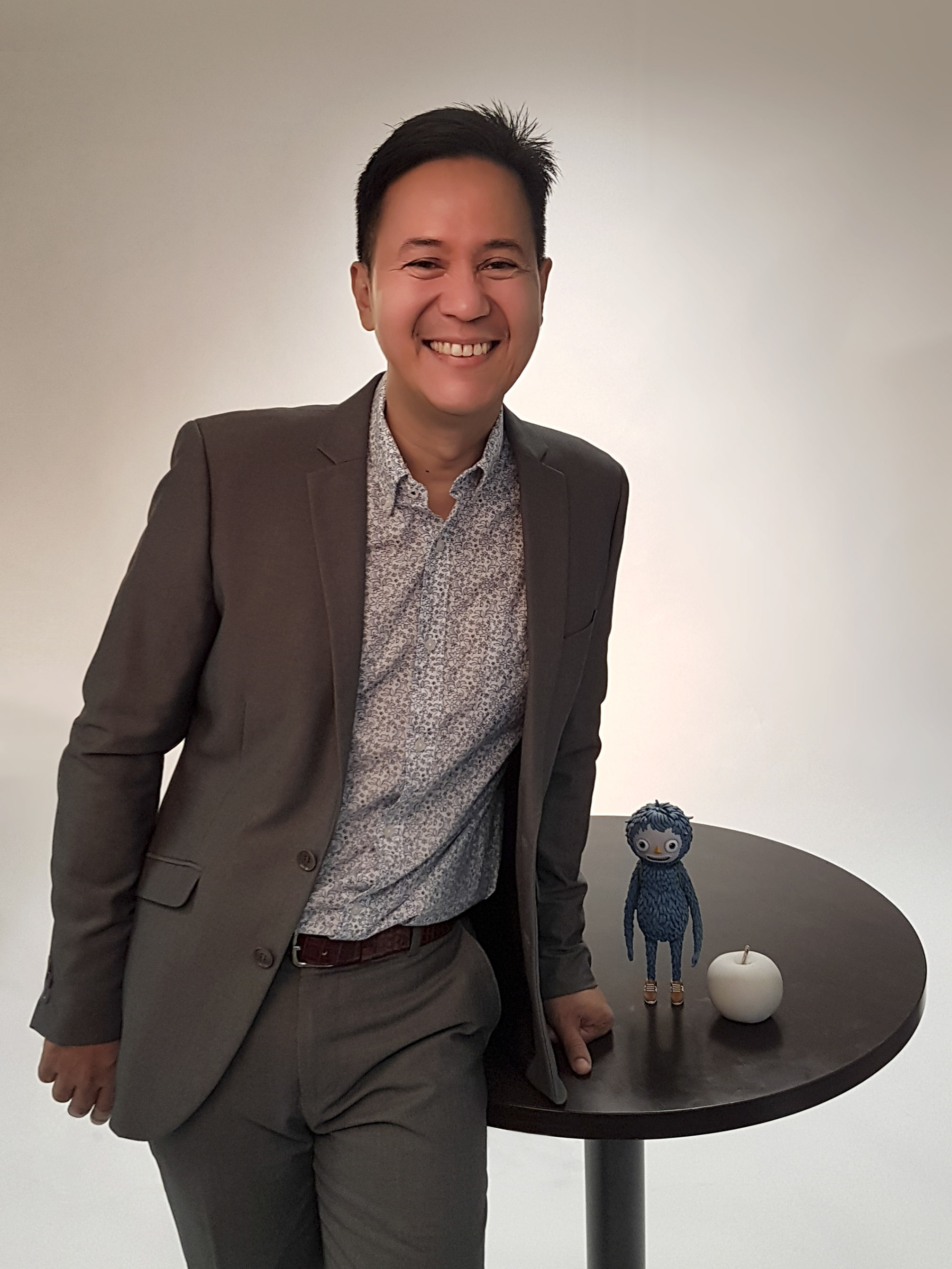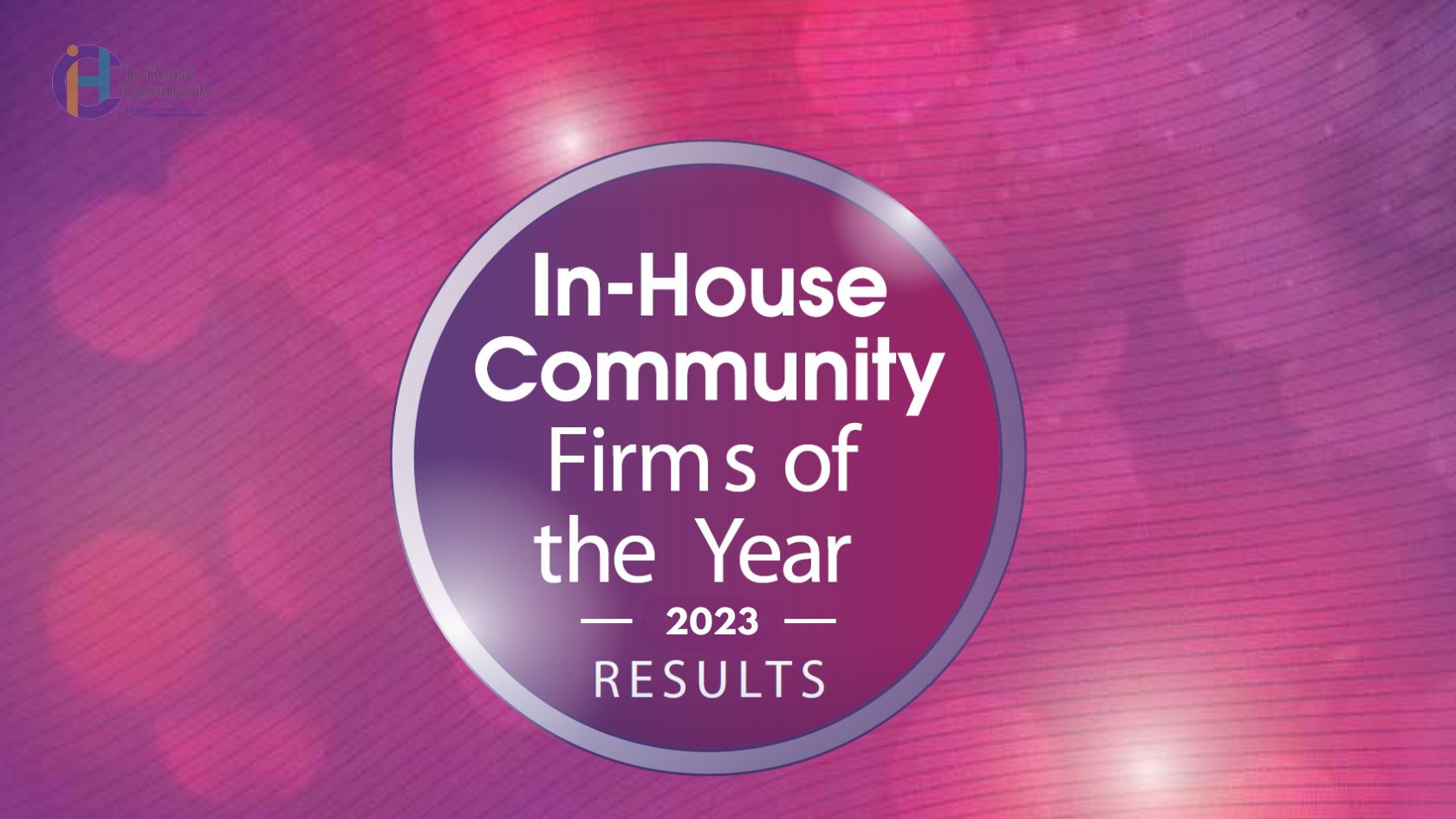
We speak to the general counsel of Aboitiz Power about his role and the outlook for the profession in the Philippines.
Note: Joseph Trillana Gonzales will be a guest panelist at the 6th annual Manila In-House Community Congress on September 5, 2019.
By Nick Ferguson, In-House Community
Asian-mena Counsel: Can you describe your professional background and your current role?
Joseph Trillana Gonzales: I’m primarily a lawyer by profession, but I have dabbled in both writing — opinion column and lifestyle articles — and teaching at law school at the University of the Philippines and San Carlos.
My current role is to lead the legal team of the Aboitiz Power conglomerate, with about 50-plus subsidiaries. I also have compliance oversight over the compliance officers across the group.
AMC: How big is the team you manage and how is it structured?
JTG: The legal team has 16 lawyers: six lawyers with a direct line and 10 dotted line. The compliance team has 13 compliance officers, some of whom are also lawyers in the legal team members above.
AMC: What are the biggest challenges you face in this role?
JTG: The energy industry is very dynamic, with regulations changing on a daily basis. Keeping up is an enormous challenge.
Meanwhile, we are challenged by the owner to expand the business — which means not only staying focused on getting things to run smoothly, but having the capacity to absorb even more responsibilities.
I had the task of creating a legal team focused on energy law from scratch. Over the past four years, I think I’ve assembled a team that has the potential to be formidable. In fact, the team has won both local and international awards, and we plan to keep on raking them in. Keeping the team motivated is also a challenge, as there’s hardly any time to rest on our laurels.

AMC: What are the most important qualities of a good general counsel?
JTG: General counsel can’t just rely on legal skills. There has to be the ability to see beyond the legal implications of a decision, and vice versa, to incorporate the legal dimension in any commercial decision.
Knowledge of blind spots is crucial. Which project should I outsource, and which should I keep internal? That means the ability to marry skillsets with the task at hand is important.
Which law firm will work best for which transaction? Which internal lawyer should I pick to do this task? Everybody runs to the general counsel for instant answers in the most inconvenient setting, but the GC sometimes has to be honest enough to admit: ‘I don’t know the answer to this question.’ Set the ego aside and focus on getting the right answer.
Patience is a must, although I’m in short supply of that.
AMC: How is technology changing the way you work?
JTG: It’s probably making it easier. We can research faster and check on facts at the press of a button. Are we being made redundant? Not yet. At least for now.
AMC: How has the in-house legal function changed during your career?
JTG: There was a tendency to view in-house careers as less demanding. It’s actually not. Now, the sheer variety of options for in-house work can exhaust the whole spectrum.
AMC: What about the way you work with external firms and other providers of legal services — have you seen significant changes there?
JTG: So far, it’s been the same, although with international providers coming in and trying to take up space within the domestic market, we might see dramatic changes.
AMC: Looking forward, what changes do you foresee in the way that legal services will be provided in the future?
JTG: Here in the Philippines there’s a possibility that accountancy and other providers might try to bundle services and muscle in on law firms, especially if the constitution is amended to allow professions to be exercised by non-citizens.
AMC: What advice can you give to young lawyers starting out in their careers today?
JTG: Take on as much variety of work as possible. There are strands of work that you’ll suddenly realise become useful when dealing with another project, and as you mature these strands get woven into an even clearer picture of the entire deal.
Don’t look down on certain types of work as not exciting, or unglamorous or useless. The skillsets one can learn will come in handy later — guaranteed!
What skills should they aim to acquire and what are the most promising areas of practice to focus on?
Writing and presenting. It’s not just enough to be smart, they have to be able to communicate that they’re smart.
AMC: What are your interests outside of the legal profession?
JTG: I’ve been fascinated by art ever since, and I’ve been collaborating with a local gallery to curate shows of emerging artists. Maybe that’s going to be my retirement goal, if I don’t end up in the judiciary. I’ve also got this strong streak of supporting charitable organisations, so I just might hike off to a charity in a far-flung province, and just volunteer to work with non-demanding and much more appreciative orphans.

To register for the 6th annual Manila In-House Community Congress on September 5, 2019 click here >>>


















